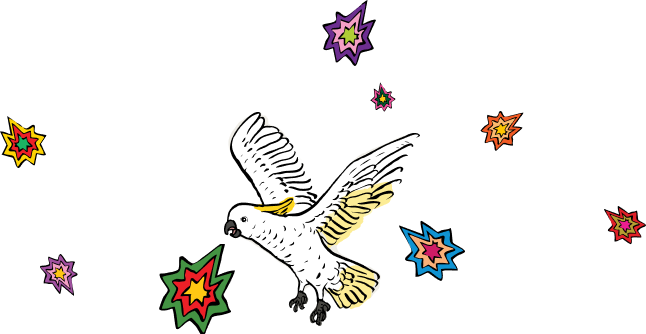Reviewed by: Mindshare
Dust is not just a play—it is a visceral, evocative experience that pays homage to the working-class struggle with a depth that few productions ever achieve.
As someone who grew up in a fiercely proud working-class family, with a staunch union father, who was blacklisted for his troubles, I know the battles of the working man intimately. I know the depths of comradeship, but I also know the grief, the struggle and the pain amidst the unwavering determination to provide for family. I know the value of collective action and the deep solidarity that exists, not just among the men on the line, but among the families who hold them up.
Dust was a moving testament to that legacy—a tribute to the men, the wives, and the children who waited at home, carrying the weight of uncertainty and sacrifice. The play was a powerful exploration of one man’s fight for survival as he drifts between past and present. Through fragmented memories, he relives his life as a boxer, soldier, boilermaker, and miner, grappling with fate, resilience, and the weight of generational trauma.
The show seamlessly wove together storytelling and memory, moving effortlessly between moments of joy, camaraderie, grief, guilt, and sheer perseverance. It traversed the entire range of human emotion, carrying the pain and physical toll of a miner’s life with stunning authenticity. The portrayal of a frail man battling through morphine-fuelled delirium, reliving his past with staggering intensity, was nothing short of breathtaking. Every word, every flicker of emotion, every piece of spittle from the protagonist’s mouth held me captive. I hung on every syllable, feeling as though I was experiencing his memories alongside him, living and gasping his struggle, his triumphs, and his tragedies.
The scripting was masterful—expertly crafted to balance harsh realities with so many moments of humour and warmth, ensuring that the play was not just a story of suffering but also one of joy and human connection. The staging was pared back to perfection, allowing the lighting and the sheer brilliance of the acting to take centre stage. It created an atmosphere that transported the audience through time and place with effortless grace.
Craig McArdle’s performance was simply extraordinary. He did not just play the role—he embodied it. He took me on a journey that transcended the stage, sweeping me up into his character’s life, his community, his era. I forgot where I was. One moment, I was in the pub; the next, I was deep in the pit, feeling the oppressive weight of coal dust and exhaustion. Through it all, I walked beside him, breathless, waiting for the next word to roll out, the next memory to unfold.
Dust is more than a play—it is a recounting masterpiece, a raw and moving tribute to the resilience of the working class. It is storytelling at its most profound, and I am grateful to have witnessed it.




